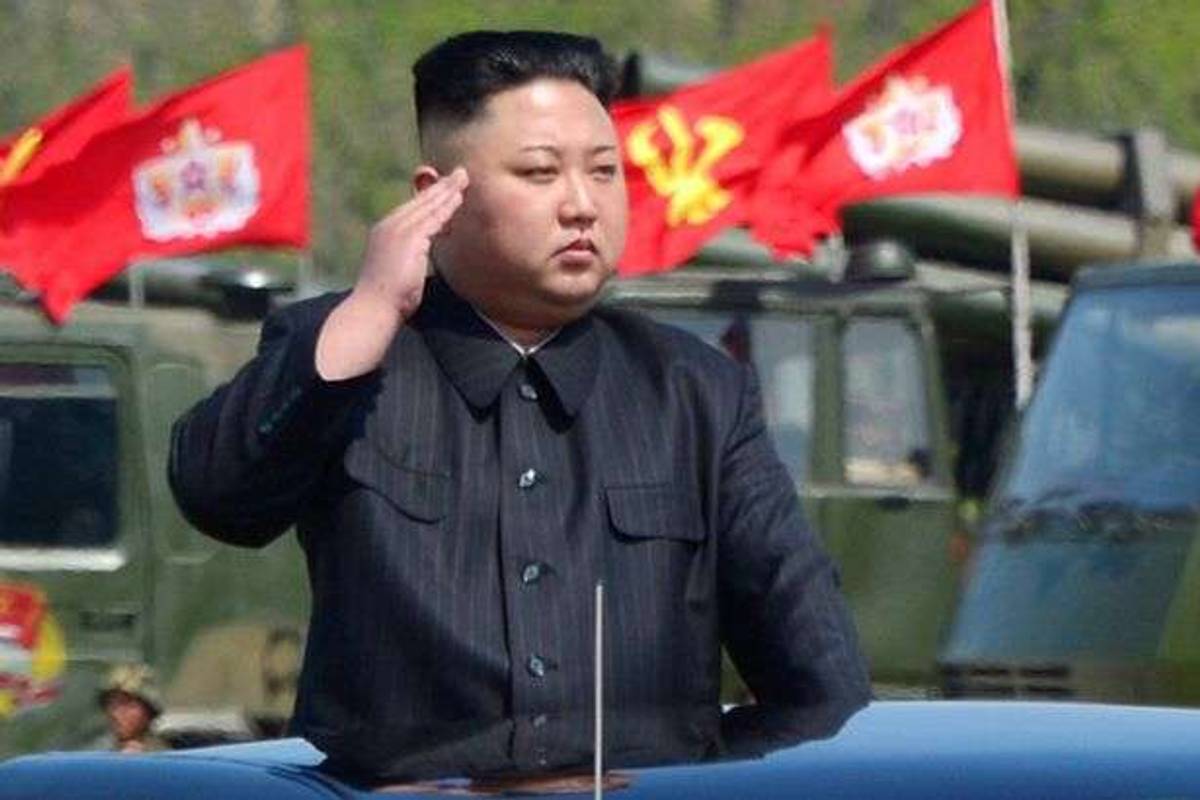The situation on the Korean Peninsula has escalated again following recent events related to North Korea’s actions. Pyongyang has exploded parts of the roads connecting it to South Korea, which has become another sign of the refusal to engage in peaceful dialogue between the countries. These actions were seen as a response to provocations from South Korea, at least according to North Korea’s leadership. What exactly has caused this latest escalation of the conflict and what could it lead to?
Road explosions: Symbolic gesture or serious intentions?
The explosion of the roads leading to South Korea has been a resonant event. North Korea openly demonstrated its unwillingness to restore peaceful relations with its neighbor. This is not the first time Pyongyang has resorted to such radical steps. The road explosions can be seen as a symbolic gesture showing a break in any attempts to improve relations with the South.
This action followed a meeting where Kim Jong Un accused South Korea of launching drones over Pyongyang. Such actions were characterized as a serious provocation that only heightened tensions. However, this is not the first time that Pyongyang has used radical measures to demonstrate its position. Similar actions have always been accompanied by rhetoric about defending national interests and security.
South Korea demonstrates strength
In response to North Korea’s actions, South Korea demonstrates its military might. Recently, the most powerful missile capable of penetrating underground bunkers where North Korea’s nuclear weapons could be stored was showcased. This move did not go unnoticed as it underscores South Korea’s readiness to respond to any possible attacks.
However, the military demonstration is just one side of the coin. South Korea has repeatedly emphasized its desire to avoid direct conflict and seeks to find a diplomatic solution. But recent events, such as the road explosions, show that Pyongyang is not willing to make concessions.
North Korea Changes Course: Constitution Review
Another important signal of changes in North Korea’s politics was the decision to review the country’s constitution in order to remove the declared goal of peaceful reunification with South Korea. This signifies a definitive shift away from a long-standing policy that involved the possibility of uniting the two countries through negotiations. Pyongyang is now opting for a different path, including potentially using nuclear weapons as a tool to pressure South Korea and the international community.
Experts, such as Lim Yul-chul, a professor at Kookmin University, believe that Kim Jong-un may attempt to leverage nuclear capabilities in his strategy. The power of nuclear weapons becomes a crucial factor for North Korea in terms of maintaining control and pressure on the South.
Kim Jong-un’s Stance and the Role of His Sister
Kim Jong-un recently stated that he has no plans to attack South Korea, which would reassure neighbors and the international community. However, his words contrast with statements from his close circle, particularly his sister Kim Yo Jong. She threatened South Korea with a “horrible disaster” if they send drones to Pyongyang again. This rhetoric only adds fuel to the fire, indicating that tensions could escalate to new heights.
What Comes Next?
The situation on the Korean Peninsula remains unpredictable. Roadblock explosions, shows of force from South Korea, heightened rhetoric – all point to the possibility of the conflict between the two states entering a new phase. The position of the international community, particularly the U.S. and China, will play a significant role in shaping the future events, as they have considerable influence over North Korea.
Despite all the threats, both sides continue to avoid direct military conflict. Although their rhetoric is becoming increasingly aggressive, actions are limited to demonstrations of power and diplomatic maneuvers for now. However, it is not excluded that further escalation could lead to real clashes if one of the sides does not step back.
International Reaction
The world community is watching with concern the developments on the Korean Peninsula. The United States, as the main ally of South Korea, has repeatedly called on North Korea to show restraint and adhere to international agreements. However, Pyongyang seems unwilling to give up its aggressive policies. China, an important partner of North Korea, remains neutral, calling on both sides to engage in dialogue.
The conflict between North and South Korea remains one of the longest and most complex in the world. Recent events only confirm that peace on the Korean Peninsula remains a distant prospect. Road explosions, nuclear threats, aggressive rhetoric – all this indicates that the conflict could escalate to a new level if a diplomatic solution is not found.


